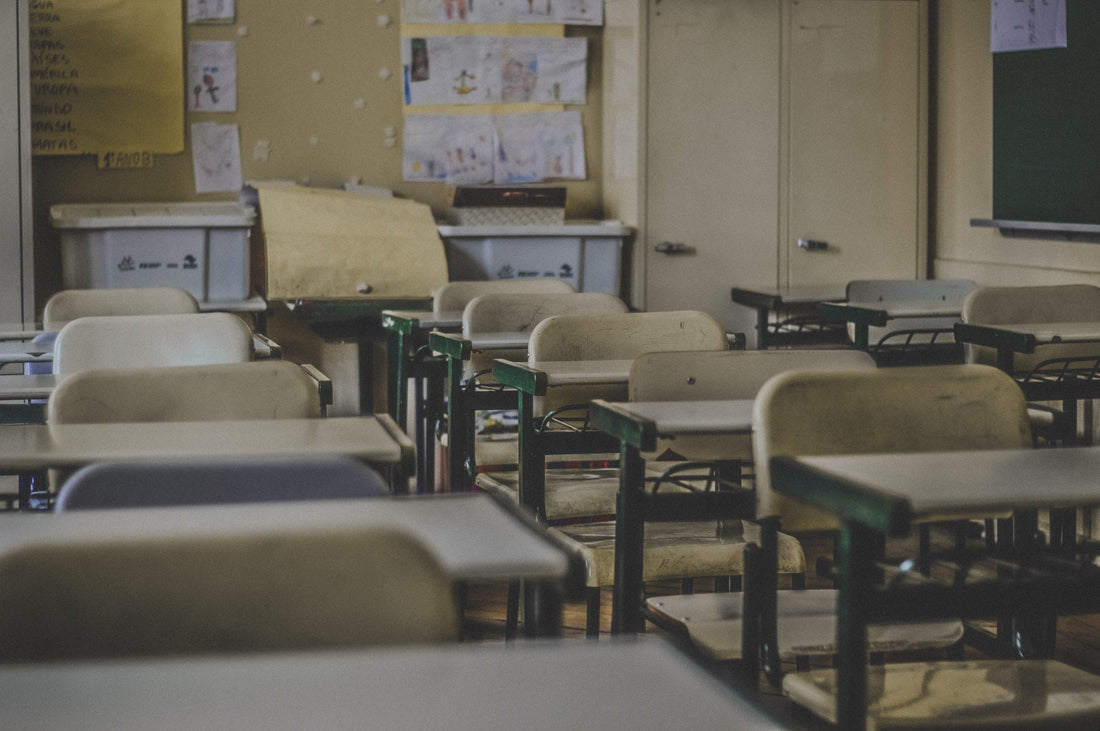Why Is Ventilation in Schools Important?
Proper ventilation in schools plays a crucial role in maintaining a healthy learning environment. With hundreds of students, teachers, and staff sharing indoor spaces, poor air circulation can lead to the buildup of pollutants, allergens, and airborne illnesses.
By improving school ventilation, educational facilities can:
✅ Reduce the spread of airborne viruses and bacteria
✅ Lower carbon dioxide (CO₂) levels for better concentration and cognitive function
✅ Improve air quality, reducing asthma and allergy triggers
✅ Enhance overall student and teacher well-being
How Poor Ventilation Affects Learning & Health
When schools lack proper ventilation, classrooms can quickly become a breeding ground for pollutants. High levels of CO₂, volatile organic compounds (VOCs), and airborne pathogens can lead to:
-
Increased student and teacher absences due to illness
-
Decreased concentration and academic performance
-
Fatigue and headaches from prolonged exposure to stale air
-
Higher risks for asthma and respiratory conditions
Key Strategies for Improving Ventilation in Schools
1. Increase Fresh Air Intake
Natural ventilation, such as opening windows and doors when weather permits, is an easy way to improve airflow. However, relying solely on this method isn’t always practical, especially in extreme climates. Schools should assess their HVAC systems to ensure they are pulling in enough fresh outdoor air.
2. Upgrade to High-Efficiency Air Filtration
Installing MERV-13 or higher-rated filters in HVAC systems helps capture airborne pollutants, including dust, allergens, and even viruses. Regular filter replacement is crucial for maintaining effectiveness.
3. Utilize Mechanical Ventilation Systems
Schools can enhance air quality by using dedicated outdoor air systems (DOAS) and energy recovery ventilators (ERVs), which bring in fresh air while maintaining energy efficiency.
4. Consider Portable Air Purifiers
In older school buildings where upgrading HVAC systems isn't feasible, portable HEPA air purifiers can help remove airborne contaminants and improve air circulation in classrooms.
5. Maintain HVAC Systems Regularly
Routine inspections and maintenance of HVAC equipment ensure that systems are operating at peak performance. This includes:
✅ Checking and replacing air filters regularly
✅ Cleaning ductwork to prevent dust buildup
✅ Ensuring that ventilation rates meet ASHRAE standards for schools
The Role of Ventilation in Preventing Airborne Illnesses
Since the COVID-19 pandemic, schools have placed a greater emphasis on indoor air quality. Research shows that well-ventilated classrooms can significantly reduce the transmission of airborne viruses and bacteria. By combining proper ventilation with air filtration, schools can create safer learning environments.
Final Thoughts: Investing in Better Air Quality
The importance of ventilation in schools cannot be overstated. By improving air circulation, upgrading filtration, and maintaining HVAC systems, schools can foster healthier, more productive learning environments for students and staff alike.
At Voomi Supply, we offer a range of HVAC solutions, including high-efficiency filters, air purifiers, and ventilation system upgrades. Browse our collection to find the right products for your school’s needs.











